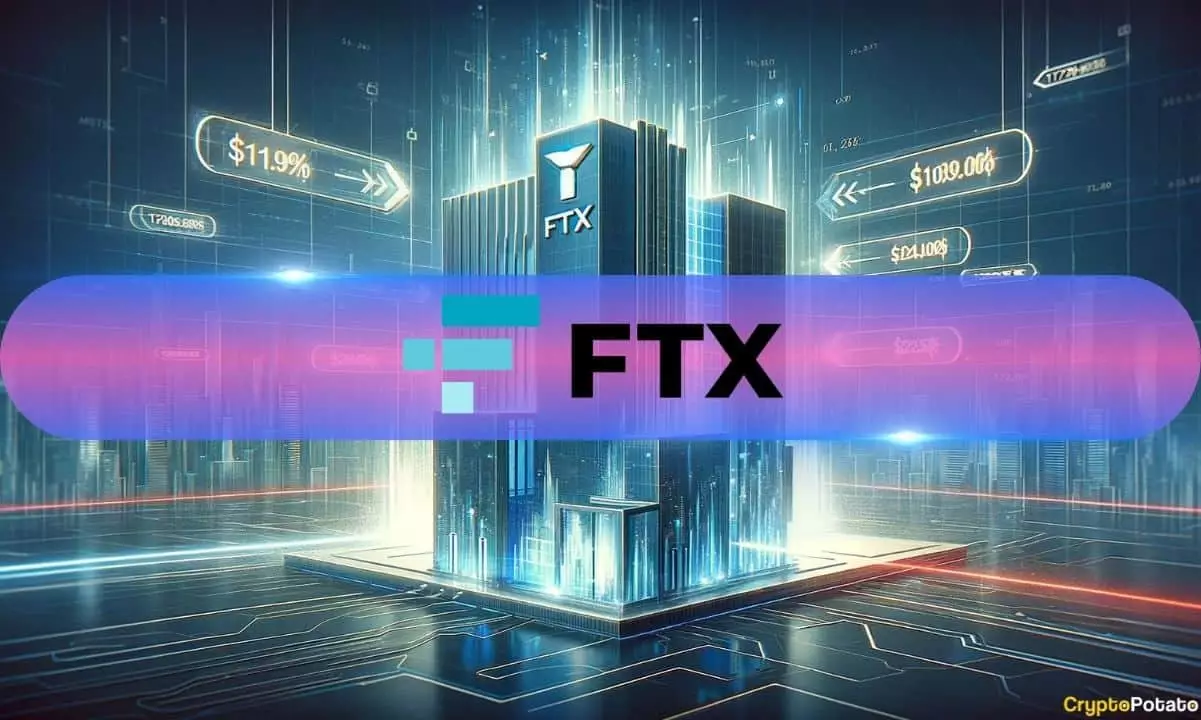FTX, once a prominent cryptocurrency exchange, has reached a disheartening conclusion to its bankruptcy process. The company’s lawyers recently announced that FTX will not be restarting its operations but instead will dissolve entirely after settling all outstanding debts. This decision comes as a disappointment to investors who had hoped for a potential revival of the exchange.
Andrew Dietrich, a lawyer representing FTX in the court case, expressed optimism that creditors will be repaid in full. However, it is important to note that this repayment will be in the dollar value of the creditors’ crypto holdings. While this may seem like a fair resolution, it fails to account for the increased value of these assets since the exchange’s downfall. As a result, investors may feel shortchanged as they watch their potentially more valuable holdings being repaid at their pre-bankruptcy values.
Although the repayment scheme may disappoint some investors, it is worth acknowledging the legality of FTX’s decision. The proposed solution aligns with bankruptcy law and provides a clear framework for the repayment process. FTX’s legal team has certainly done its due diligence in ensuring that the dissolution is carried out within the boundaries of the law. This may not alleviate the disappointment of investors, but it showcases the necessity of adhering to legal procedures in such cases.
As FTX nears the final stages of tallying up funds for repayment, another significant announcement has been made. The company has successfully negotiated a sale of Digital Custody Inc., one of its subsidiary entities, to CoinList for a sum of $500,000. This purchase will be financed by CoinList’s CEO, Terrence Culver. However, an interesting twist emerges when one discovers that Terrence Culver was the original seller of Digital Custody to FTX for a considerably higher sum of $10 million.
The sale of Digital Custody by FTX to CoinList raises questions about the initial purchase of the entity. Why would FTX spend such a substantial amount on an asset it no longer deems necessary or relevant to its operations? As FTX moves towards dissolution, the need for asset custody has diminished, rendering Digital Custody Inc. without any useful purpose for the company. This decision casts doubt on the judgment exercised by FTX’s management during its heyday.
The committees representing FTX’s non-US creditors have given their approval for the sale of Digital Custody Inc. This signifies their acceptance of the deal as a viable resolution. However, it is important to note that FTX can continue to explore alternative deals until shortly before the sale’s date. This raises the possibility of finding a more suitable buyer or potentially renegotiating the terms of the sale. If the buyer withdraws from the agreement, a reverse termination fee of $50,000 will be collected by FTX.
The bankruptcy process and subsequent dissolution of FTX have disappointed investors who had hoped for a resurrection of the exchange. The repayment of creditors in the dollar value of their crypto holdings fails to account for the increased value of these assets since the exchange’s demise. However, FTX’s decision aligns with bankruptcy law and demonstrates their commitment to legal compliance. The sale of Digital Custody Inc. raises questions about the initial purchase and casts doubt on FTX’s management decisions. While the approval of the sale signifies acceptance, the possibility of finding better alternatives remains open until the sale’s date. As FTX moves towards its final chapter, investors can only reflect on the lessons learned from this tumultuous journey in the world of cryptocurrency exchanges.


Leave a Reply